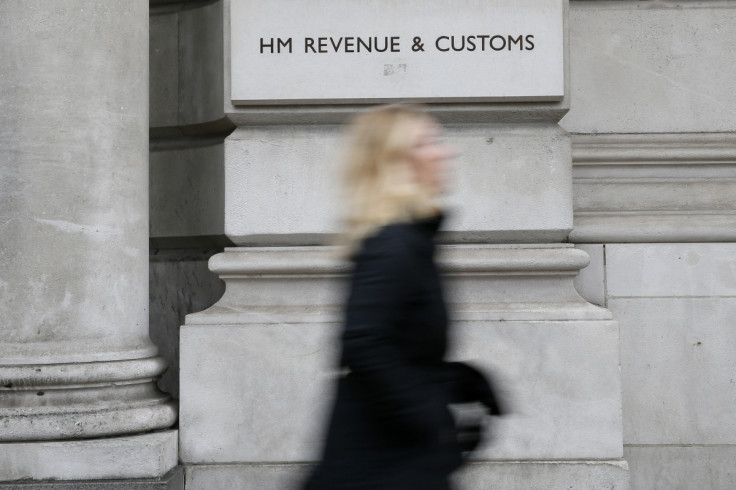HMRC VAT fraud crackdown to fight counterfeit goods
Alison Horner, VAT partner at MHA MacIntyre Hudson, part of the Baker Tilly International network reminds non-compliant businesses that they risk fines.

The new HMRC Fulfilment House Due Diligence Scheme (FHDDS), launching on 1 April 2018, will crackdown on non-EU businesses which, by failing to comply with VAT regulations, are flooding the UK market with cheap, often fraudulent, online goods.
Fulfilment houses, and any company providing warehousing and distribution for goods imported from a non-EU business for sale in the UK, need to register for the scheme and ensure its clients are VAT registered. Clamping down on the route to market for non-compliant overseas businesses will deter them from trading in the UK.
Fulfilment businesses already trading need to apply by 30 June 2018, and if a company starts trading after 1 April 2018, they must register by 30 September 2018. The total fine for failing to register on time can quickly stack up with a £500 charge for every non-compliant month. More importantly, from April 2019, non-compliant companies will receive a £10,000 penalty, criminal conviction and their right to trade in the UK revoked.
HMRC is taking action now, recently barring an overseas business from trading for two weeks while a VAT inaccuracy was resolved. Although the business was VAT registered, it received a notice of assessment for under-declared VAT and was given strict deadlines to provide the appropriate information. Failure to comply would see their account closed down by the fulfilment house, as HMRC would hold the fulfiller jointly and severally liable for the incorrect VAT assessment.
Big players such as Amazon are implementing due diligence on their overseas clients to ensure compliance with the rules. However many other businesses have yet to start the process and need to put client due diligence checks in place. Businesses must carry out checks on all of the customers they trade with, gathering information and document VAT numbers to enable them to demonstrate compliance, and implementing a separate system for registering new customers. HMRC are cracking down on the issue and businesses need to be ready.
Dubious imports may appeal to consumers on price, but HMRC and the UK national press believe, they're a huge threat to domestic businesses. While there's a risk that the new scheme will be administratively burdensome for some small companies, our markets are saturated by non-compliant goods and the government must take steps to create a market that's fair for UK businesses.
Coinciding with the UK exiting the EU, the timing of the new rules will help counteract speculation that Brexit will exacerbate the issue of counterfeit goods, as neighbouring regions may be tempted to use loopholes currently exploited by non-EU traders.
The scheme also addresses media criticism that the UK government needs to do more to tackle counterfeit goods. The previous approach to overcoming this issue has been to stop containers at shipping ports and airports, disrupting business flow and seizing goods before they can enter the market and reach the end customer. As a society dependent on next day delivery, this strategy can result in customers losing patience with businesses that fail to deliver cheaper goods on time, deterring them from sourcing products from them again.
Now, traders that can prove VAT compliance post-Brexit will be fast tracked through customs, while others that fail to meet requirements risk sinking to the end of the queue, potentially costing time and money.
As a result of these new regulations however, there's a short-term risk that some non-EU businesses may move their trade focus away from the UK to countries where the due diligence scheme is not applicable, such as the Netherlands. This should be short lived though, as the VAT Digital Single Market Package, scheduled to be implemented by 2021, aims to tackle VAT fraud in cross border e-commerce trading across the EU. This will create a level playing field with the UK and will encourage more non-EU businesses to become VAT compliant.
In our world of global trade, the implications of the scheme are far reaching. With just over a year to go until the final deadline to register, businesses need to face the regulatory requirements and get on board to avoid unwanted VAT assessments and penalties. With Brexit challenges to contend with too, there's no time to waste.






















